Human Rights Bill consultation - questions and answers: easy read version
The easy read version of the independent analysis of responses to the consultation on A Human Rights Bill for Scotland.
Putting rights into law
This part of the consultation is about putting 4 treaties into Scots law.

Treaties are human rights laws that have been agreed by lots of countries around the world.

The 4 treaties are:
1. International Covenant on Economic, Social and Cultural Rights, called ICESCR for short.
ICESCR is a big list of human rights to try and make our lives better.

They include rights about:
- our work
- our education
- our basic needs
2. Convention on the Elimination of All Forms of Discrimination Against Women, called CEDAW for short.
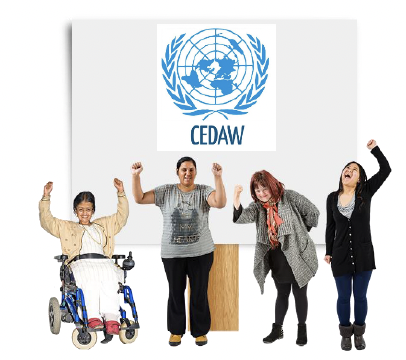
CEDAW is a big list of rights for women.
It says that women and girls should be treated equally.
3. Convention on the Rights of Persons with Disabilities, called CRPD for short.

CRPD is a big list of rights for disabled people.
It says that disabled people have the same rights as everyone else.
4. International Convention on the Elimination of All Forms of Racial Discrimination, called ICERD for short.
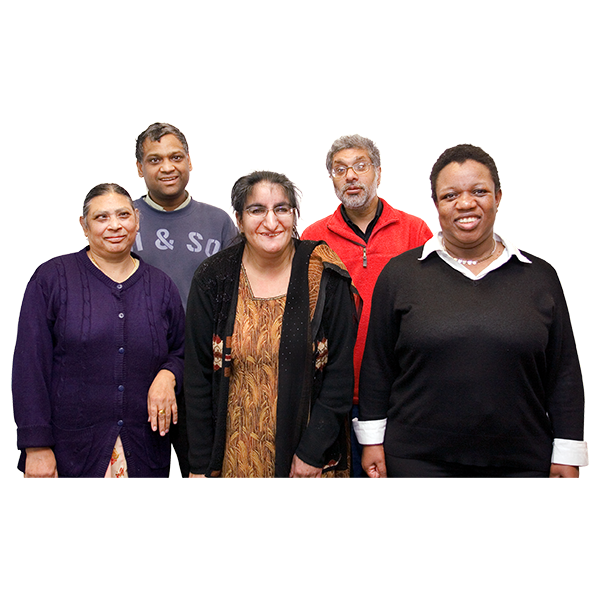
ICERD is a big list of rights to stop people being treated differently because of their race.

Race means our background and things like:
- coming from different places
- having different skin colours
- having passports from different countries
What people told us about putting rights into law
Lots of people said they liked having human dignity in the new laws.
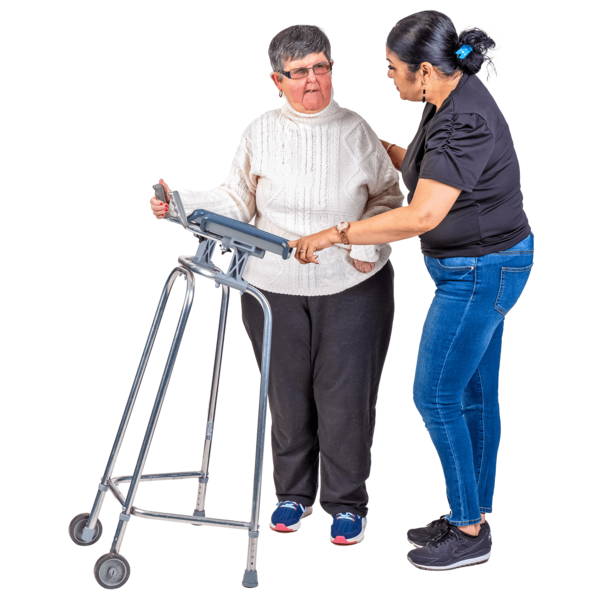
Human dignity means being treated as a whole person, with feelings and needs.
Some people asked for clearer information about:
- human dignity
- how human dignity becomes part of the Minimum Core Obligations
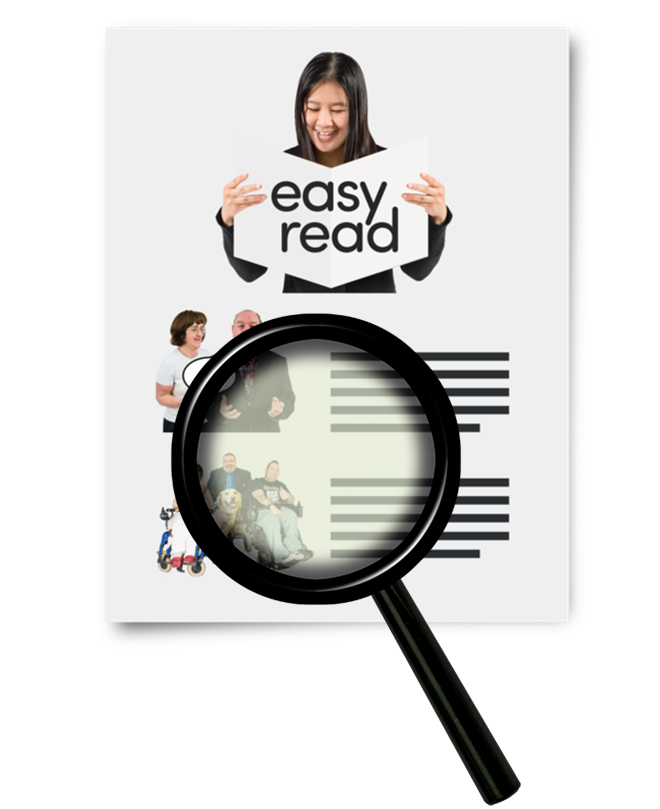
Minimum Core Obligations are the basic levels of human rights that must always be given.

People also liked some of the ways we are putting the treaties into Scots law.
This is also called the model of incorporation.

They liked that we are putting the rights into law.
But some people want to see stronger protections for vulnerable groups, especially disabled people.
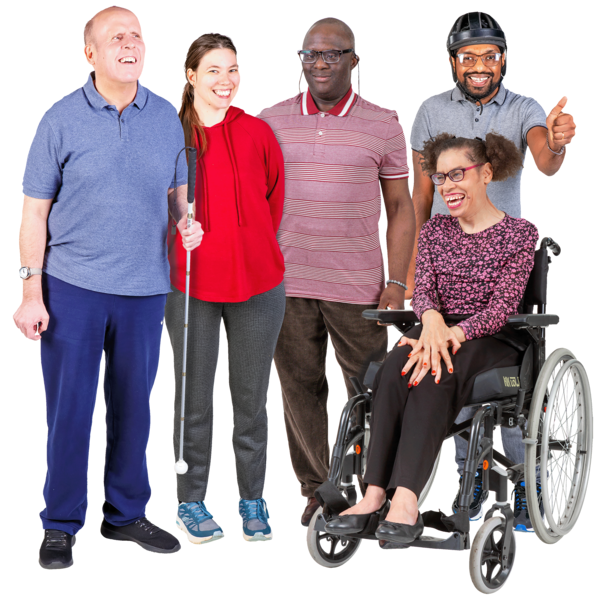
Vulnerable groups are groups of people who may need extra protection because of reasons like:
- their age
- their disabilities
- their risk of being hurt or harmed

Most people agreed that there should be a first step for public organisations like hospitals, schools and police to plan for human rights.

And then have a second step where human rights must happen.
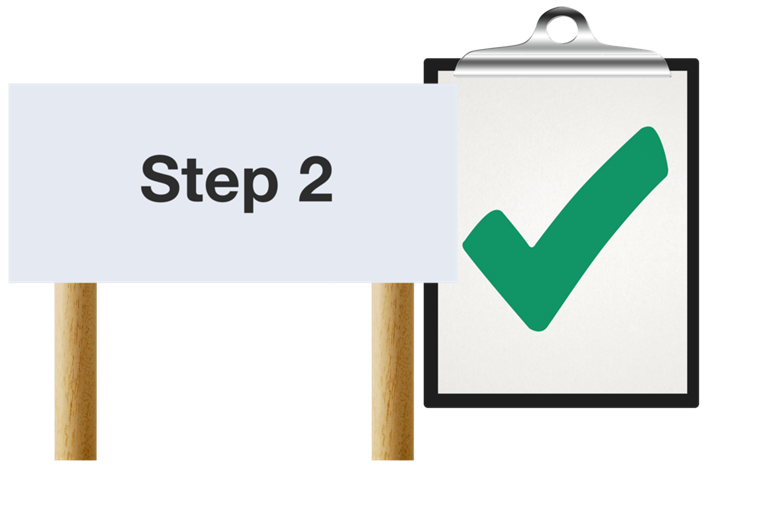
Contact
Email: humanrightsoffice@gov.scot
There is a problem
Thanks for your feedback